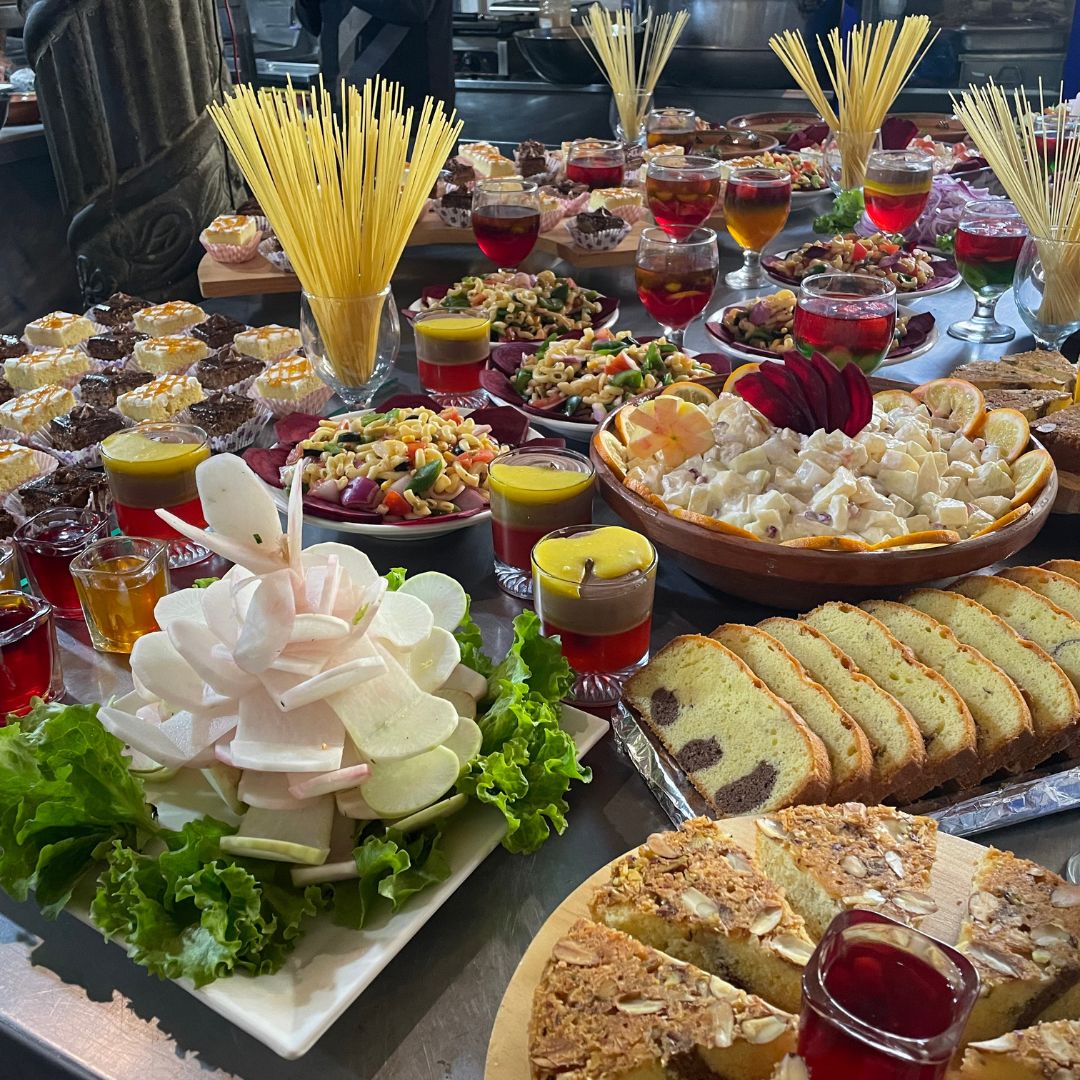As a restaurant owner, you might think hiring a marketing agency will solve all your promotional needs. However, the reality is that the core marketing of your restaurant should be driven by you, the owner. Agencies can certainly help by executing your ideas and introducing new trends and best practices, but the strategic vision and direction need to come from you. Here’s why taking charge of your restaurant’s marketing is crucial and how to do it effectively.
Understanding the Role of an Agency
Agencies are great at bringing fresh perspectives and executing marketing campaigns efficiently. They can:
- Implement your marketing ideas.
- Introduce the latest trends.
- Apply best practices in the market.
However, expecting them to handle all aspects of your marketing strategy, especially with limited budgets, is unrealistic. The monthly fees you pay usually cover execution, not the strategic thinking that drives your business forward.
Your Job as a Restaurant Owner: Key Marketing Responsibilities
As the owner, you are the visionary behind your restaurant’s marketing strategy. This involves focusing on three main areas:
1. Customer Acquisition
Primary Acquisition Strategy:
- Identify Your Target Audience: Understand who your ideal customers are. Are they families, young professionals, or food enthusiasts?
- Choose Effective Channels: Determine where you can reach them. This could be through social media, local events, partnerships, or even direct mail.
- Minimize Cost per Acquisition (CAC): Aim to acquire new customers at the lowest possible cost. This involves testing different channels and methods to see which ones yield the best results.
Example: If your restaurant caters to young professionals, you might find that social media ads on platforms like Instagram or Facebook yield the best return on investment. You can run targeted campaigns with special offers to attract this demographic.
2. Long-Term Customer Value (LTV)
Maximizing Revenue Over Time:
- Build Relationships: Engage with your customers regularly. Use loyalty programs, and personalized offers to keep them coming back.
- Upsell and Cross-Sell: Encourage customers to try new dishes, special offers, or add-ons. This increases the average spend per visit.
- Solicit Feedback: Regularly ask for customer feedback and act on it. This not only improves customer satisfaction but also shows that you value their input.
Example: Implement a loyalty program where customers earn points for each visit, which they can redeem for discounts or free items. This not only encourages repeat visits but also increases the overall value of each customer.
3. Content Strategy
Balancing CAC and LTV:
- Offline Content: This includes menus, flyers, and in-restaurant promotions. Ensure these materials are visually appealing and provide clear information about your offerings.
- Online Content: Utilize social media and blog posts, to reach your audience. Share engaging content that highlights your restaurant’s unique features, special events, and customer testimonials.
Example: Create a series of engaging social media posts that showcase your best dishes, share behind-the-scenes glimpses of your kitchen, and highlight customer reviews. This not only attracts new customers but also keeps your existing ones engaged.
Taking Charge: Your Role as an Entrepreneur
As a restaurant owner, you need to think like a marketer. This involves:
- Regularly Reviewing Your Strategy: Assess what’s working and what’s not. Adjust your tactics based on performance data and customer feedback.
- Staying Informed: Keep up with the latest trends in the restaurant industry. Attend workshops, read industry blogs, and network with other restaurant owners.
- Collaborating with Your Agency: Work closely with your agency to ensure they understand your vision and objectives. Provide them with the direction they need to execute your ideas effectively.
Example: Schedule monthly meetings with your agency to review campaign performance and brainstorm new ideas. This ensures that both you and the agency are aligned and working towards the same goals.
Marketing your restaurant is ultimately your responsibility. While agencies can provide valuable support, the strategic direction needs to come from you. Focus on acquiring new customers, maximizing their long-term value, and creating a content strategy that supports both objectives. By taking charge of your marketing efforts, you can ensure that your restaurant stands out and thrives in a competitive market.
Remember, your passion and vision are what drive your restaurant. Use that to fuel your marketing efforts and watch your business grow!
Warm regards,
Qasim





